We all use online communications to maintain contact with friends and family, to share information fast when time is crucial in spite of physical distance, to research, develop, connect, interact.
In a world where we all increasingly rely on it, online communication must be safe and trusted.


A grandmother sending a photo of a young child in the bath tub, to parents living abroad. A doctor using chat apps to consults with patients who can not travel for a physical examination.
All of the above are normal and legitimate ways of communicating online. However, when conversations are monitored and scanned, these kind of photos are easy to be misinterpreted. Both a grandmother and a patient could be automatically flagged as abuse perpetrators.
The measures proposed by the EU with its CSA Regulation affect us all. However, you should be particularly worried if you are or care about a young person / teenager, workers that uphold professional secrecy and human rights defenders.
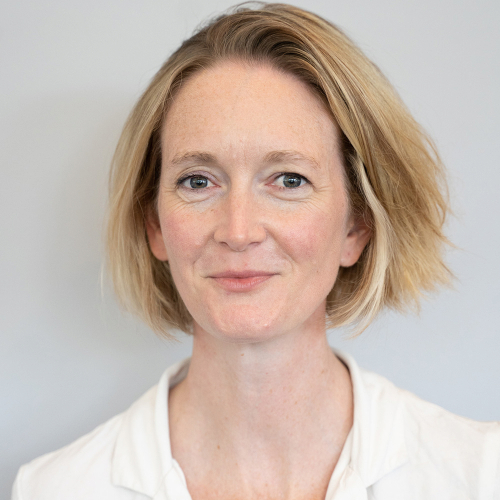
Vi försöker granska regeringar som kommer att få tillgång till den här övervakningsteknologin. Journalister är redan under attack och är måltavlor. Denna förordning skulle bara ge mer makt till de som kan utnyttja sin ställing.
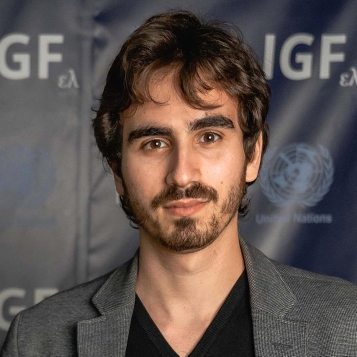
Att skanna våra telefoner och bärbara datorer är en inkörsport för mäktiga människor att få tillgång till våra privata samtal som de lätt kan utvidga i framtiden. Idag är det för CSA-material, imorgon finns det en ny anledning. Vem kommer att säga nej till andra användningsområden när tekniken redan är på plats? Det leder till att det fria flödet av information bryts och till en avkylande effekt på yttrandefriheten.
Charalampos Kyritsis
Ung aktivist, Grekland
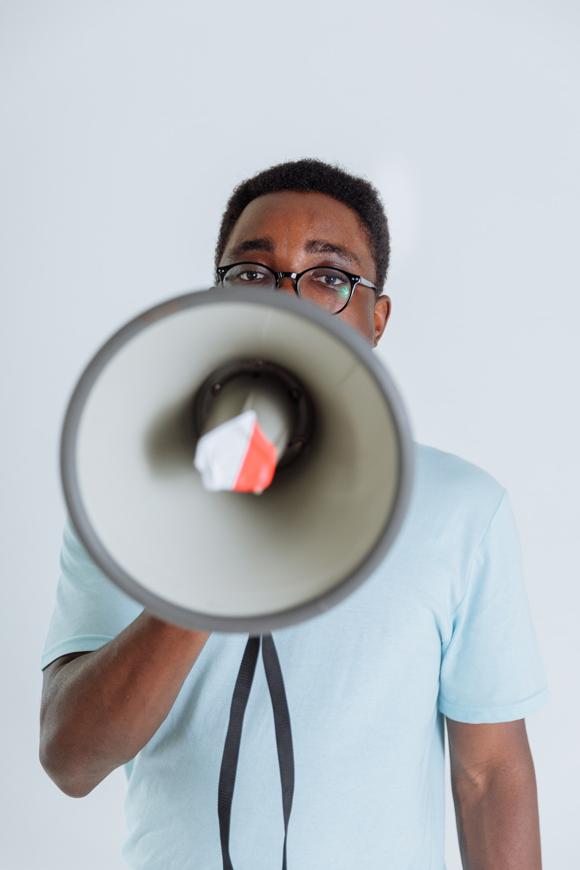
Det skulle de facto göra det möjligt för myndigheterna att få tillgång till innehållet i krypterade informationsutbyten. Detta skulle försvaga nätsäkerheten för personer som arbetar med känslig information (journalister, advokater, människorättsförsvarare osv.). Hur är det med appar och programvaror som Signal och Tor som inte samlar in metadata om sina användare?
Ligue des Droits Humains
NGO, Belgien

Förslaget kommer att frånta unga människor och aktivister möjligheten att hitta en säker, krypterad mötesplats för att utbyta erfarenheter och diskutera personliga och politiska frågor. Vi vill inte vara rädda för att privata samtal ska kunna användas mot oss.
Aura
Ung aktivist, Tyskland

Om vår kommunikation blir avlyssnad, kommer det skada våra stories och säkerheten för de personer som är våra källor. [...] Människor riskerar att dödas.
Young people & teenagers

Online spaces provide extraordinary opportunities to connect with others and to build safe spaces for exploration. Empowering and safe spaces can only be possible with privacy.
A big part of being young is exploring our identities and owning our own power by finding out what we like, what we believe in and who we want to be. In a digitalised society, online spaces are an essential part of this stage in life as we connect with others, including through social media, instant messaging apps and video games. Online spaces provide extraordinary opportunities to connect with others and to build safe spaces for exploration.
Journalism, doctors, lawyers
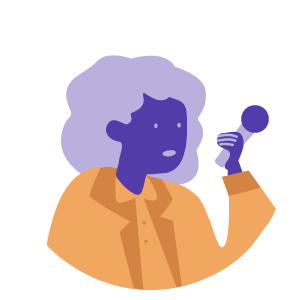
Whether it is journalists investigating the truth or combating dis or misinformation, lawyers consulting their clients or doctors and therapists supporting their patients - privacy is essential.
We all need privacy. Whether it is journalists investigating the truth or combating dis or misinformation, lawyers consulting their clients or doctors and therapists supporting their patients - privacy is essential.
Investigative journalists find it essential to use end-to-end encrypted messaging to be able to research powerful people in the governments or companies. For example, the team of Organised Crime and Corruption Reporting Project (OCCRP) relies on safe, private communications to research Russian atrocities in the war with Ukraine. If powerful or corrupt people are able to snoop in researchers' conversations, most could be intimidated, harassed, threatened or worse.
The proposed CSAR would make surveillance of journalists the rule and the protection of their sources impossible.
Psychologists, doctors, lawyers, and all professions who uphold professional secrecy lean on safe communications to be able to comply with their duty. Destroying private and safe communications would make this impossible. Nobody should be forced to have their medical, legal or mental health issues scanned.
Human rights defenders
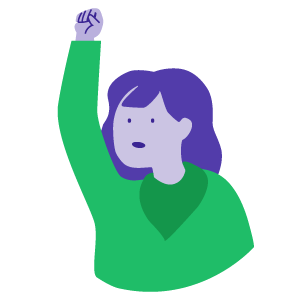
For human rights defenders, secure and trusted communication is often a matter of physical safety and democratic organising.
Human rights (including our digital rights) defenders have sustained most of positive social change. They are activists, volunteers and whistleblowers, political dissidents, professionals working with civil society organisations. They shine light on human rights violations, systemic injustice and climate, social and economic justice demands.
For human rights defender, secure and trusted communication is often a matter of physical safety and democratic organising.
Think of UN whistleblowers that uncovered UN's inaction in cases of sexual abuse, complicity in money laundry, etc. In the case of women defenders, land defenders from indigenous groups, racial justice activists, sex workers defenders and defenders of migrants, unsafe communications can have life or death consequences.
Their valuable work for human rights and democracy is made possible by strong protections and safe communication channels. End-to-end encryption is part of their basic work tools to avoid being monitored by the same governments or corporations they are denouncing. Encryption, safe communications and anonymity are essential for this.
The CSA Regulation endangers the life of human rights defenders in Europe and across the globe.
Få de senaste nyheterna från kampanjen Stop Scanning Me och ta reda på hur du kan bidra till att göra internet till en säker plats för alla.